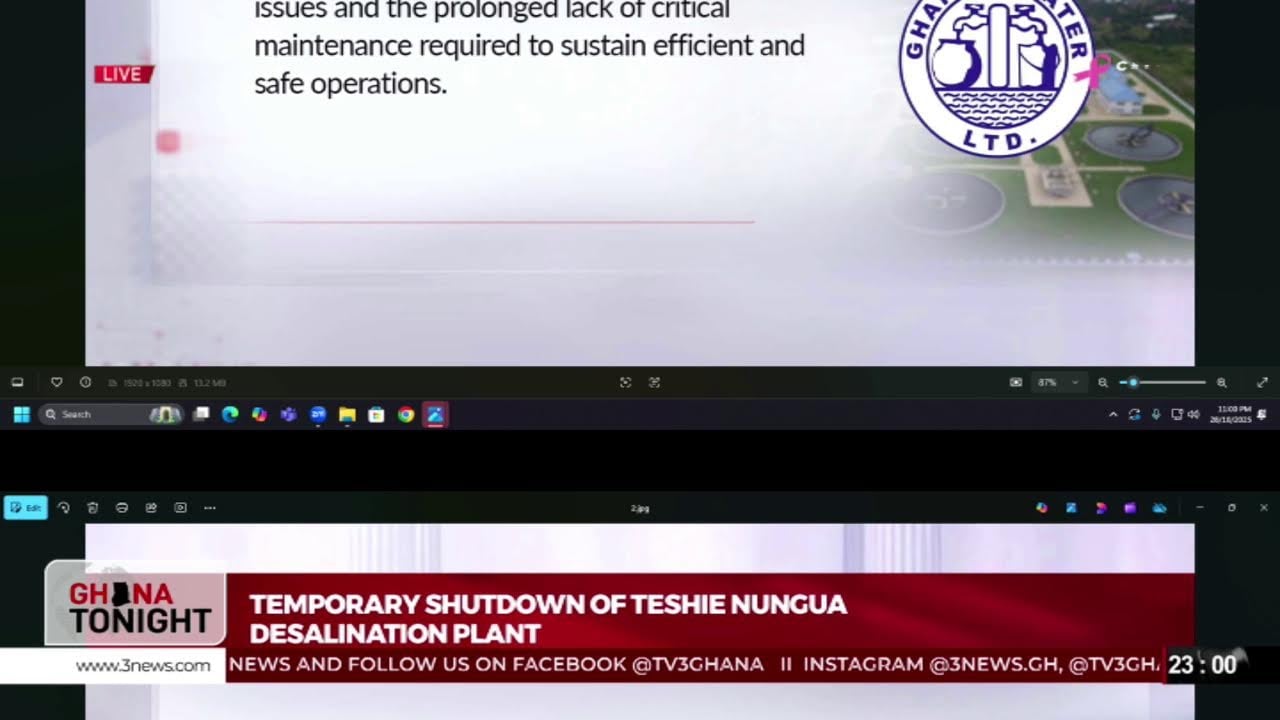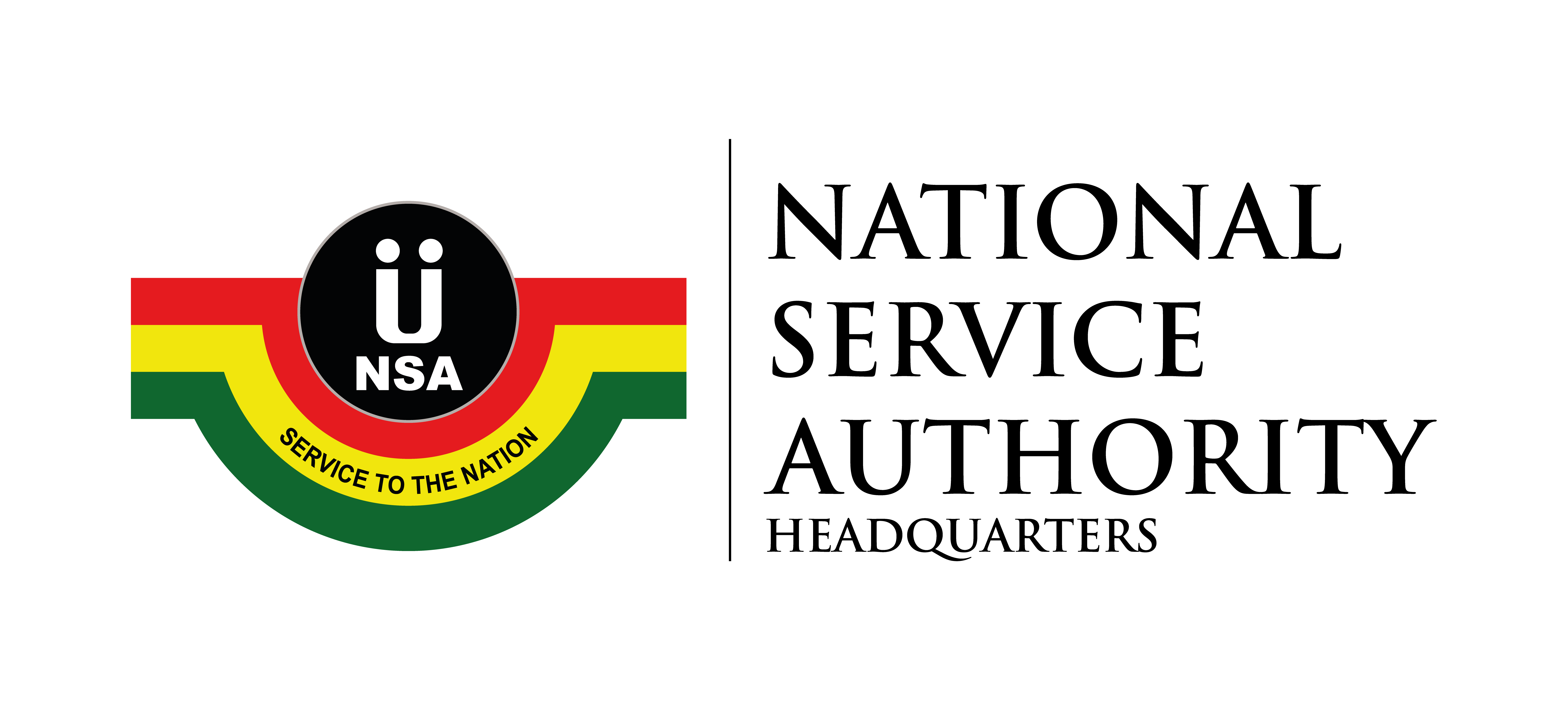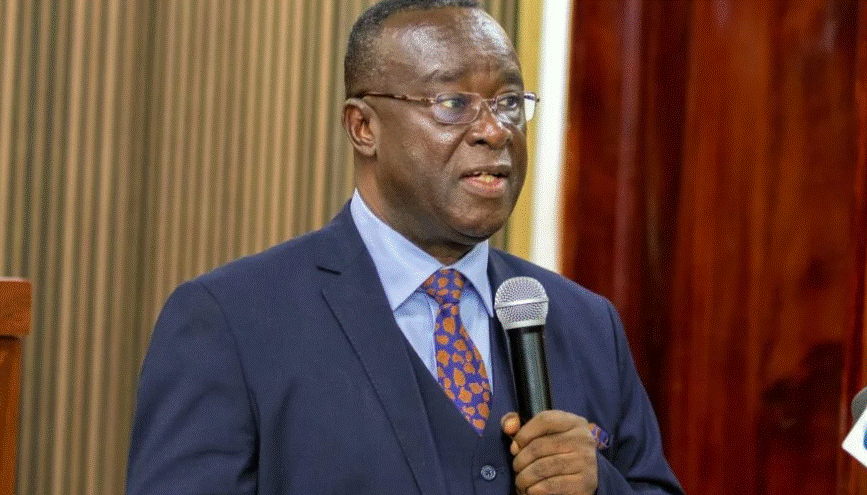
I’ve had it happen to me—right in the middle of a high-profile product launch, with cameras rolling and a room full of executives watching. Everything had been going smoothly: the lights were perfect, the energy was high, the audience was engaged.
I had just wrapped up one segment and was transitioning into the next. I looked at the programme sheet in front of me, opened my mouth to speak—and nothing came out. For a few seconds, my mind went completely blank.
I couldn’t remember the speaker’s name. I couldn’t remember the order of the agenda. I couldn’t even recall what I was supposed to say next. The silence in the room felt deafening.
In those few seconds, time seemed to slow down while everything inside me sped up. I could feel my heart racing, my palms warming and the uncomfortable sting of panic rising in my chest.
But instead of letting it take over, I did what I now coach every public speaker to do in moments like that: I smiled. I paused. I breathed. I leaned into the silence instead of fighting it. And just like that, I bought myself a few seconds of composure—and found my way back.
Blanking out is one of the most common fears in public speaking, and the truth is, it happens more often than people admit. You can be the most experienced speaker in the room and still have your brain hit a wall mid-sentence.
Your mind goes blank. Your flow stops. The silence grows louder.
But here’s the key: the trick isn’t in avoiding these moments altogether. It’s in mastering how to recover from them—gracefully, calmly, and with control.
- Anchor yourself
When panic hits, your brain scatters. You lose your next point. You start doubting everything. That’s why I teach every mentee to prepare anchor points—a bullet-style mental map of the key things you want to say. It’s not about memorising paragraphs. It’s about having guideposts to return to when the unexpected happens. This keeps you grounded, especially when nerves try to take over.
- Pause with intention
Avoid the panic ramble. Don’t fill the gap with “uhhh” or nervous laughter. Don’t rush forward just to feel safe.
- Just pause.
- Take a breath.
- Smile if you can.
That beat of silence resets the room—and your own nervous system. To the audience, that moment of silence may come across as thoughtfulness, not confusion.
- Use a reset line
Have a recovery phrase ready in your back pocket. It buys you time and redirects attention.
Here are a few I’ve used or taught:
- “Let me rephrase that for clarity…”
- “Here’s what I really want to say…”
- “Let’s step back for a moment…”
These transitions sound natural—but they give your brain space to catch up and allow your message to remain smooth.
Example 1: The corporate reset
Back at that product launch I mentioned, I used humour to buy time:
“Funny how your brain can freeze at the wrong time, right? Let’s try that again.” The audience laughed. The tension broke. My mind caught up, and I found my flow again. That moment, which could have embarrassed me, ended up building connection with the crowd. I am not perfect—I am human. And that worked in my favour.
Example 2: The HR pitch
One of my mentees, an HR executive, blanked out during a proposal to management. But because we’d practised anchor points and reset phrases, she was ready. She paused, took a breath and calmly said: “What I want to focus on here is the impact this could have on staff well–being.” She recovered instantly—and the rest of her presentation flowed with ease. No one noticed the slip, but everyone remembered her composure.
Example 3: The student presenter
A university student I once coached was giving her final year presentation. Halfway through, she completely forgot what was on her next slide. Her instinct was to panic. But instead, she used one of the recovery lines we’d practised: “Let me walk you through the bigger picture before we return to the numbers.” With that line, she bought herself time to recall the details—and stayed in control. Afterward, her examiners praised her for staying confident under pressure.
Final thoughts
Blanking out doesn’t mean you’ve failed. It just means you’re human. What matters is how you respond.
- Prepare anchor points
- Master the pause
- Keep a reset phrase ready
The audience doesn’t need perfection. They need presence. So the next time your mind blanks out, don’t spiral. Smile. Pause. Recover. Carry on.
>>>David Dei-Awuku (Mr Dei) is a renowned Master of Ceremonies and public speaking coach who has hosted over 500 events and mentored more than 130 individuals across the world. Connect: www.mrdei.com | [email protected]
The post Mic Check with Mr Dei: When you blank out: How to recover gracefully appeared first on The Business & Financial Times.
Read Full Story























Facebook
Twitter
Pinterest
Instagram
Google+
YouTube
LinkedIn
RSS